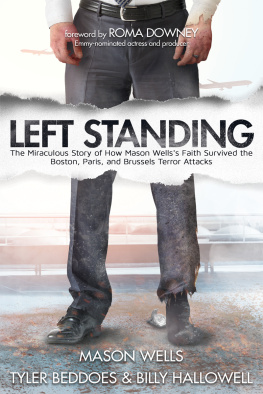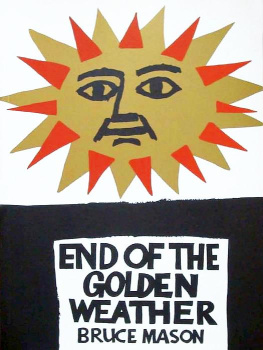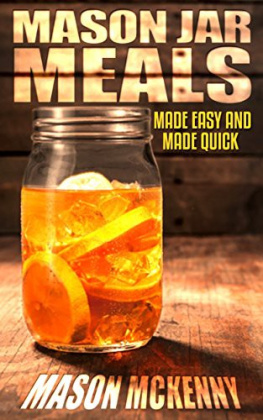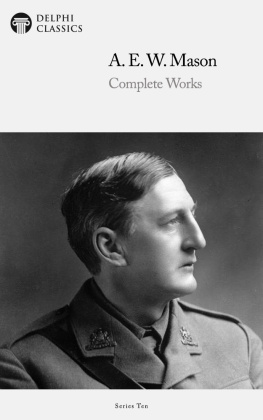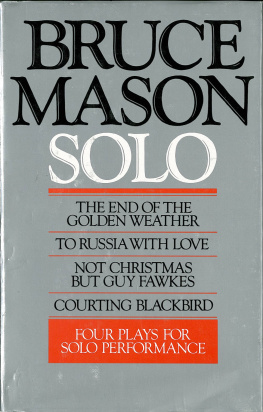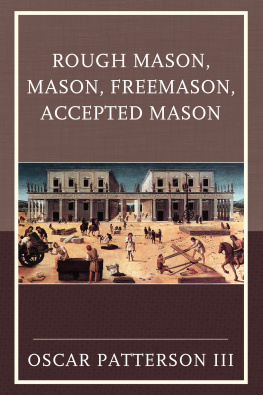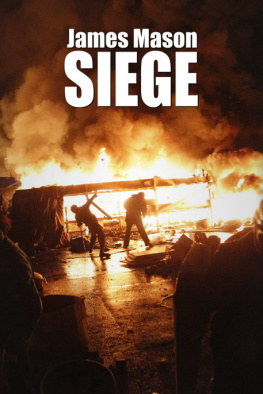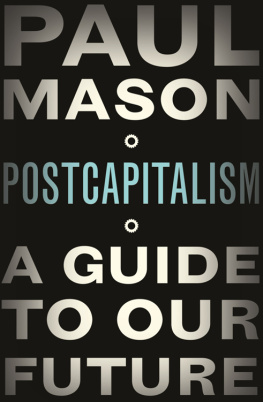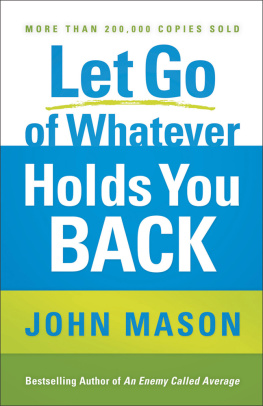Cover art: Bruce Goff Composition, ca. 1925/40, tempera on drawing paper mounted on board. Gift of ShinenKan, Inc., 1990.574.255. Reproduction The Art Institute of Chicago.
Published by
State University of New York Press
Albany
2015 State University of New York
All rights reserved
Printed in the United States of America
No part of this book may be used or reproduced in any manner whatsoever without written permission. No part of this book may be stored in a retrieval system or transmitted in any form or by any means including electronic, electrostatic, magnetic tape, mechanical, photocopying, recording, or otherwise without the prior permission in writing of the publisher.
For information, contact
State University of New York Press
www.sunypress.edu
Production, Laurie Searl
Marketing, Fran Keneston
Library of Congress Cataloging-in-Publication Data
Mason, Carol, 1964
Oklahomo : lessons in unqueering America / Carol Mason.
pages cm. (SUNY series in queer politics and cultures)
Includes bibliographical references and index.
ISBN 978-1-4384-5717-8 (hardcover : alk. paper)
ISBN 978-1-4384-5719-2 (e-book)
1. HomophobiaOklahoma. 2. HomophobiaUnited States. 3. HomophobiaReligious aspectsChristianity. 4. ConservatismOklahoma. 5. Christian conservatismOklahoma. 6. Christian conservatismUnited States. 7. Gay rightsUnited States. 8. Queer theory. I. Title.
HQ76.3.U52O456 2015
306.76'609766dc23 2014034011
10 9 8 7 6 5 4 3 2 1
For my Oklahoma friends, family, and especially the students
Acknowledgments
I wrote this book in the midst of yet another relocation, so many people in many places contributed to its conception, research, and production. First and foremost, teaching queer and queer-friendly students from rural areas and red states inspired this book. I thank the students who enrolled in my classes, often the first undergraduate classes devoted to examining queer theory offered where I worked. Students from Hobart and William Smith Colleges, the University of Pittsburgh, University of Nevada, Oklahoma State University, and University of Kentucky checked my intellectual assumptions about what queer is or could be in different parts of the United States, challenged me pedagogically to serve their needs better, and inspired me to consider how my research could influence trends in scholarship that did not reflect their experiences. Of course, as the focus of this book suggests, students in Oklahomaincluding those from the University of Oklahoma as well as OSUwere especially inspiring in this way, and I am grateful to them for sharing their struggles, insights, courage, and creativity.
OSU deserves the bulk of my thanks because it provided financial, moral, and intellectual support for this work. Carol Moder and Brewster Fitz top the list of people who made this book possible. They introduced me to Bruce Goffs work and Dord Fitzs illuminating history. In official capacities as administrator and scholars, and in unofficial ways as incomparable hosts, witnesses to Oklahoma history, and expert art collectors, they fed my head good ideas and my stomach the finest foods and drink. Also at OSU, friends and colleagues attended talks related to this research on two occasions; thank you, Stacy Takacs and Laura Belmonte, for sponsoring those talks and for many insights, tips, and references. Rick and Jana Elliott were also grand sources of support in Oklahoma. Their knowledge, stories, insights, and laughter kept me going and I am lucky to have them in my life.
Research in Oklahoma was funded with prize money for outstanding scholarship and with grants from OSUs College of Liberal Arts in partnership with the Oklahoma Humanities Council. The University of Kentucky also funded several research trips and paid for reprint permissions via two College Research Activity Awards. Thank you, Betty Lorch, Associate Dean for Research and Graduate Studies, College of Arts and Sciences. I am extremely grateful for the support of my UK colleagues, especially Karen Tice, Melissa Stein, Srimati Basu, and Michelle del Toro.
I owe a great deal of understanding to generous discussions with Jean-Nikolaus Tretter, Mark White, Scott Perkins, Herb Greene, Todd Lewis, Brittany Novotny, Lloyd Wallisch, Mary Gray, Chip Berlet, and Eric Patterson, who gave me Hargiss The Far Left many years ago and read my entire manuscript exactly when I needed his enthusiasm and critical eye. At this point, I also reached out to three colleagues from grad school, Jigna Desai, J. Halberstam, and Rebecca Hill; thank you each for your generous responses and suggestions.
During the research stage, I relied on many. I am grateful for assistance from Betsy Dahms at University of Kentucky; Mary Woolever at the Art Institute of Chicago; Larry ODell at the Oklahoma History Center; Robin Dorner at the Cimarron Alliance; Geoffrey Stark and Todd Lewis at University of Arkansas; Mary Larson and Mary Hujsak at Oklahoma State University; Jacquelyn Slater and her staff at University of Oklahoma; Ann Cudd, Cheryl Lester, Sherrie Tucker, Rebecca Schulte and, especially, Tami Albin at University of Kansas; R. Arvid Nelson, Jean-Nikolaus Tretter, and Lisa Vecoli at University of Minnesota; Carol Guilliams, Senior Archivist at Oklahoma State Archives; and Paul Fasana, Chief Archivist at Stonewall National Museum and Archives. Special thanks go to Kathleen Wallace, JD, who checked facts and provided moral support.
Lyrics in chapter 6 are reprinted with permission: Where I Come From, words and music by Alan Jackson, 2000 WB Music Corp., and Yee Haw Music, all rights administered by WB Music Corp., all rights reserved. I thank Troy Schreck of Alfred Publishing for helping me obtain this nonexclusive right.
Thank you to audiences at the American Studies Association conference in Albuquerque in October 2008; the Cultural Studies Association conference in New York City in May 2008; the Mid-America American Studies Association conference in Tulsa in April 2012; the Sam Steward symposium at Ohio State University in May 2012 and May 2014; the Crossroads Cultural Studies conference at Universit Sorbonne Nouvelle in June 2012; the Committee on Social Theory forum at UK in March 2013; the department of Womens, Gender, and Sexuality Studies at Ohio State University in September 2012; and the first annual queer conference at Ohio University in April 2013, where old friends Susanne Dietzel and David Rae Morris were so welcoming. I also appreciate the editorial input of Jeanne Barker-Nunn; the staff and readers at SUNY Press, especially Larin McLaughlin and Beth Bouloukos; and the editorial team of the States of Emergency volume of Feminist Formations (vol. 25, no. 2, Summer 2013) in which a version of chapter 2 appears as Perpetual States of Emergency: The Sexuality of Terrorism in Middle America. Special thanks go to Cynthia Burack, who encouraged me from the inception of this project and whose scholarship has always inspired.


